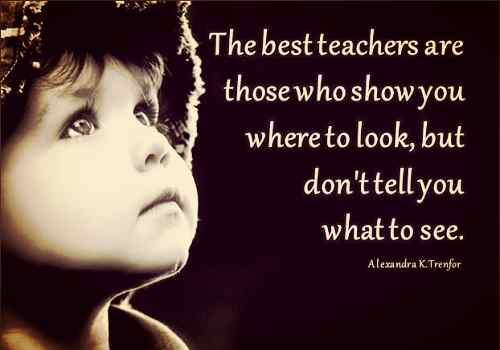Categories(658 Blogs)
Select Category
Watch Right Now
Teacher App - Class
Schedule & Attendance Management App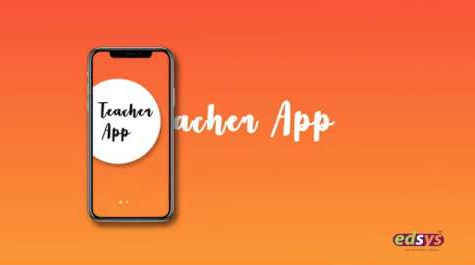
Parent App from Edsys

Best School Bus Tracking System
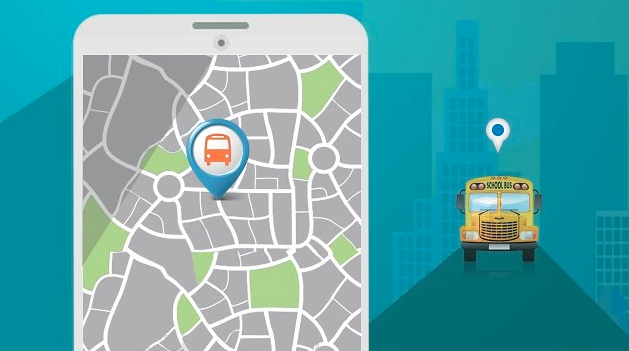
Cashless School - For Smart Schools of Tomorrow
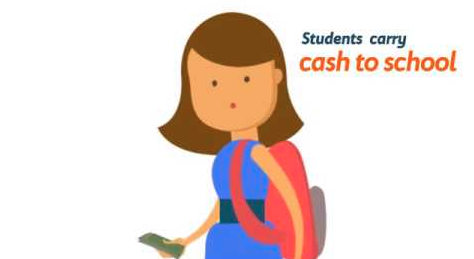

How SMART Learning is Changing Classrooms
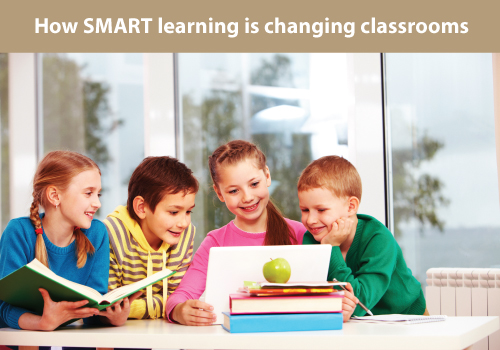
Black board and white chalks that ruled classrooms have opted for retirement in this increasingly complex, information-rich world. Modern day schools have scaled up the use of digitised pedagogical tools to meet the rising demands of Gen Z. New age gadgets like iPhones, tablets and laptops have become everyday teaching tools that aid in explaining complex theories to simple poems. Technology-aided demonstrations of subjects, earlier covered only through text and images, have increased students’ curiosity and learning capacity.
Read Also:
Dawn of Technology-Based Learning Environments
Smart Learning or adaptive learning is changing classrooms by taking a different route from blind memorization and by creating more dynamic learning environments. Classrooms powered by adaptive learning technology encourage students to get up from their benches and explore the world and the wealth of knowledge it has to offer through interactive learning.
These technology-backed intelligent learning environments empower instructors to facilitate real-time dynamic mapping of an individual learners’ needs and also facilitate sequencing of personalized instruction to suit each learner’s abilities and characteristics. This also further aids in successfully providing remedial instructions.
Thousands of online smart learning websites offer innovative methods of imparting knowledge to students irrespective of their age by addressing the root cause of disinterest– Boredom.
You May also Like:
Boredom – Root Cause of Disinterest?
It has been proven time and again that learning is more effective when the instruction is personalised. Studies show that children get bored of classes as the subjects being taught are often found to be repetitive or uninteresting. Minimal interaction or one-sided communication often make the subjects being taught to be less interesting. The adaptation of smart learning connects instructors and students/peers in a whole new way as the sessions are interactive/participatory in nature. Smart learning makes it easy to identify individual talents and needs of each students making it much easier to help them realise their full potential.
The adaptive learning technology encompasses educational aspects derived from various fields of study including computer science, education, psychology, and brain science. These smart classroom tools help revive the interest of students by using multimedia tools like videos, interactive quizzes, games and more. These tools are non-linear in nature and are often designed in a visually attractive and fun way to capture the attention of students of all age groups and to deliver better learning outcomes.
Recent Blogs
Our Educational Services
Popular Blogs
Subscribe

SUBSCRIBE TO OUR NEWSLETTER
Sign Up and Recieve the Latest News
Don’t Worry, We Don’t SpamExplore Our Extensive Researched Educational App Directory
Visit Now












